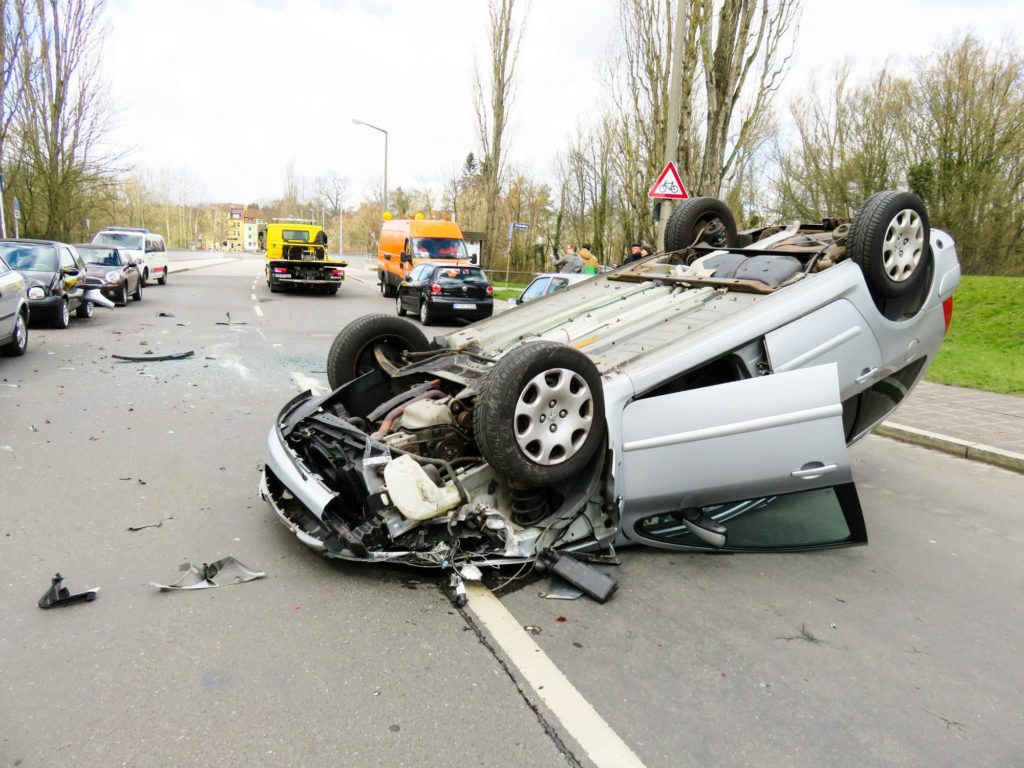At some point in your life as a car owner, you might experience a car accident that causes significant damage to your vehicle. If the cost of repairs exceeds the value of the car, your vehicle may be declared “totaled.” The process of dealing with a totaled car can be overwhelming and confusing. However, understanding your options can help you make informed decisions during this challenging time.
What is a Totaled Car?
A “totaled” car is a term used to describe a vehicle that has sustained severe damage from a collision, fire, or flood. Generally, insurance companies consider a car to be totaled if the cost of repairs is more than the actual cash value of the vehicle.
What Happens When Your Car is Totaled?
If your car is totaled, your insurance company will typically pay you the actual cash value of your car, minus your deductible. Actual cash value is the amount your car is worth at the time of the accident, not the amount you paid for it. The insurance company will then take possession of your car and sell it to a salvage yard.
Understanding Your Options When Dealing with a Totaled Car
When dealing with a totaled car, you have several options. Here are some of the most common ones:
- Accept the Insurance Company's Offer: If you agree with the insurance company's valuation of your car, you can accept their offer and take the cash. This option allows you to move on and find a new car.
- Negotiate with the Insurance Company: If you think the insurance company's valuation is too low, you can negotiate with them. Provide evidence such as receipts and maintenance records to support your claim. If you can prove that the car was worth more than the insurance company's offer, they may increase their payout.
- Keep Your Totaled Car: If you decide to keep your totaled car, the insurance company will deduct the salvage value from their payout. You will also need to get a “salvage title” for your vehicle. This title indicates that the car has been damaged, and the cost of repairs exceeds the value of the car.
- Sell Your Totaled Car: If you don't want to keep your totaled car, you can sell it to a salvage yard or a private party. Salvage yards will typically pay you the scrap value of your car, which is lower than its actual cash value.
- Get Your Car Repaired: If you decide to repair your totaled car, you will need to pay for the repairs out of your pocket. Once the repairs are complete, you can apply for a “rebuilt title” for your vehicle. This title indicates that the car has been repaired and is now roadworthy.
Factors to Consider When Deciding What to Do with Your Totaled Car
Several factors can influence your decision about what to do with your totaled car. Here are some of the most important ones:
- Your Financial Situation: If you have the money to buy a new car, accepting the insurance company's offer may be the best option. However, if you're short on cash, keeping your totaled car or selling it may be a better choice.
- The Extent of Damage: The amount of damage to your car can affect its value and your decision. If the damage is minor, repairing the car may be a viable option. However, if the damage is severe, selling your car to a salvage yard or accepting the insurance company's offer may be the best course of action.
- Your Emotional Attachment to the Car: If you have an emotional attachment to your car, you may want to keep it, even if it's totaled. In this case, keeping your car or repairing it may be the best choice for you. However, if you don't have an emotional attachment to the car, accepting the insurance company's offer or selling it to a salvage yard may be the most practical decision.
- Your Ability to Repair the Car: If you're a skilled mechanic or have access to affordable repairs, you may be able to repair your totaled car for less than the cost of a new vehicle. In this case, keeping your car or repairing it may be the most cost-effective option.
- Your State's Laws: State laws vary on how totaled cars are handled. Some states require that a car be declared a total loss if the cost of repairs exceeds a certain percentage of the car's value. Other states have more flexible rules. Be sure to research your state's laws before deciding what to do with your totaled car.
Conclusion
Dealing with a totaled car can be a challenging experience. However, understanding your options can help you make informed decisions and move forward. Whether you decide to accept the insurance company's offer, negotiate with them, keep your totaled car, sell it, or repair it, be sure to consider your financial situation, the extent of the damage, your emotional attachment to the car, your ability to repair the car, and your state's laws. By weighing these factors, you can make the best decision for your situation.



